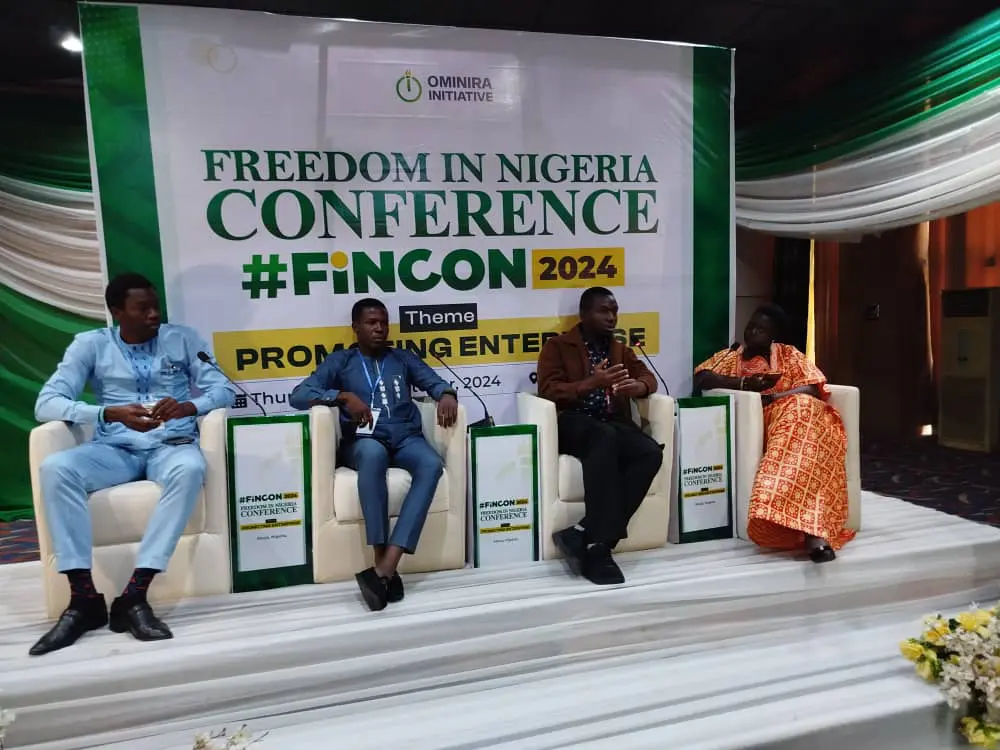Economic experts said Nigeria needs to reduce its public debt and improve capital development to end economic hardship.
A renowned economic strategist, Dr Justin Amase and Lanre-Peter Elufisa, the Country Executive Director of Ominira Initiative, disclosed in separate statements at the Freedom in Nigeria Conference, held in Abuja Thursday.
On his part, Amase said that there is a need to urgently tackle insecurity and solve the fundamental problem of power supply.
According to him, power and transportation are the two critical infrastructures needed to boost any form of entrepreneurship and then improve market access to reduce inventory costs.
Amase, the Managing Director and Chief Executive Officer of Macrostract, stressed that Nigeria should drive initiatives in the power and transportation sectors to stabilise the economy.
“The underlying measures of economic performance are the ones that drive economic stability.
“For instance, look at the GDP in Nigeria; it has been fluctuating. It moved up after the pandemic and between 2022 and 2023, and is going down again. Gross domestic product is very volatile. Over 90 million Nigerians are poor. 40 per cent of all the country’s fundamentals are weak. Once fundamentals are weak, every other thing will not work well.
“There’s a way you can address the fundamentals significantly if you have a coherent plan, and then you dimension that plan into a short form, medium term and long one. That’s what comes to China, Malaysia, Singapore, all of them, this is what they did.
“We have not shown that sincerity. They [the elites] are working for themselves. So there have not been any serious decisions about how to change the economy,” he said.
He noted further that the price of oil, the country’s mainstay, is determined by external forces.
“So the fundamentals will continue to be weak unless we diversify,” he stressed.
Elufisa, in his statement, urged Nigeria to remove all barriers to productivity.
He said this is the only way businesses could strive in the country.
He added that the economic issues bedevilling the nation were a result of wrong policies and mismanagement of government over the years.
“These economic issues—I think we’ve got them wrong over the years. We’ve had a series of economic mismanagements over the years in the past, and, you know, in recent years, some of the problems that we face are not completely internal.
“We have some external shocks going back to COVID-19; we’ve had two economic recessions in the last decade, seven years. So all of that has had an impact on Nigeria’s economic growth.
“Simply, we’ve seen the inflationary pressures that have reduced the purchasing power of the average Nigerian. It costs more now to feed, it costs more now to transport, and it costs more to do business.
“This is affecting our productivity as a nation, driving more people into poverty, and this is why we’ve put this programme up today to discuss promoting enterprise in Nigeria,” he said.
Hardship: What Nigerian Government must do to boost economy — Experts
